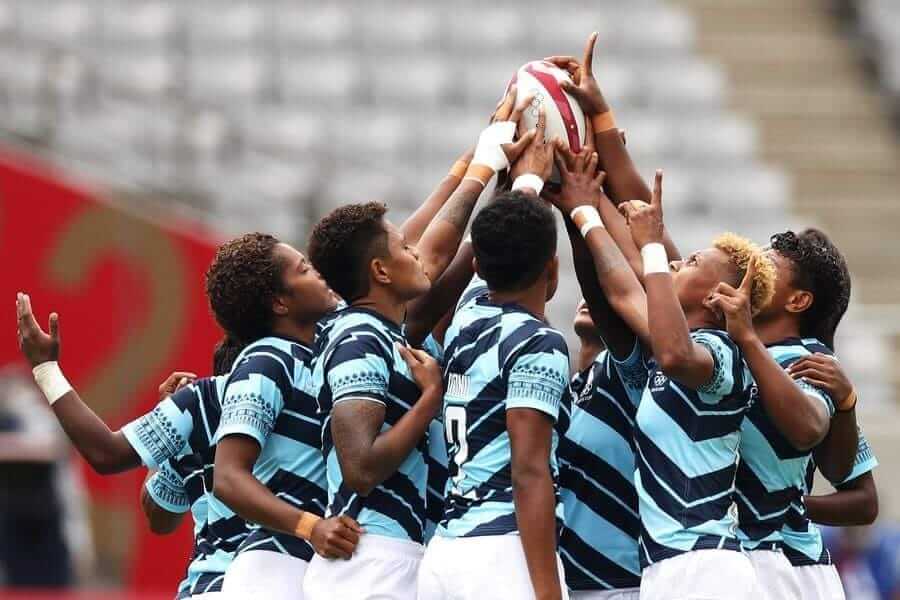The medal-winning performances of the Fijian men and women's teams at the Tokyo Olympics have united the nation and the region . . .

The medal-winning performances of the Fijian men and women's teams at the Tokyo Olympics have united the nation and the region . . .